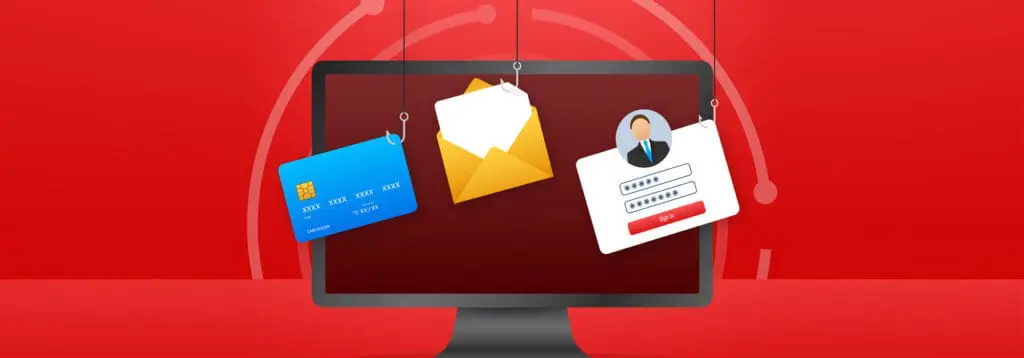Phishing continues to be a leading issue and threat for many companies and consumers. Scammers are becoming increasingly sophisticated with deceptive texts, emails and messages posing as legitimate businesses and trusted organizations. What may seem like an innocent phone call, text message or email, can result in a scammer obtaining personal information used to steal your identity.
In Hawaii, approximately one in five fraud complaints lodged with law enforcement and government agencies in 2023 were related to imposter scams*, where scammers pose as legitimate individuals or companies in an attempt to steal personal information or funds. Nearly $38 million was lost by Hawaii residents who were victims of fraud last year, an increase of almost 70% compared to the year prior.
With fraudsters attempting to pose as reputable businesses, how can you avoid becoming a phishing victim?
Treat emails, texts and messages with caution.
Don’t reply to suspicious messages, click on links or download any attachments. If you’re unsure if a message is legitimate, check with the company or sender by using contact information obtained from their website or another reputable source. Do not use the contact information provided in a suspicious message – it may reroute to the scammer instead of an actual business.
Beware of messages conveying urgency.
Phishing attempts often prey on your desire to act when something is wrong. A message may claim that your renewal can’t be processed without payment information, or that a package can’t be delivered until you update your account information. These are often sophisticated attempts to get you to divulge personal information. Think twice – Do you have a subscription with that company? Were you expecting a package? If you’re in doubt, verify with the company independently, using reliable contact information from the company’s own site. Look out for:
- Terms meant to emphasize urgency. For example, “Your payment is overdue!” or “There was a problem with the payment information for your recent purchase.”
- Terms meant to entice you. For example, “Click here for a free gift!”
- Terms meant to prey on your sense of security. For example, “We have noticed suspicious login activity” or “You have been locked out of your account.”
Remember that legitimate businesses will not call, email or text you for personal information.
Financial institutions (like Hawaii State FCU) and legitimate companies will NEVER call, email or text you requesting personal or sensitive information, including social security numbers, passwords, account credentials or PIN codes.
Here are some other tips on things to look out for or do when determining if a phone call text message or email might be phishing:
- Look at the “From” address in the email. If the email says it’s from a commonly recognized business, but the sender’s email address looks like a personal email or is from a foreign domain, it’s likely phony.
- Don’t click on links or open attachments until you can determine that the message comes from a trusted source.
- Don’t click on links or call back phone numbers provided in an unsolicited email or text. Scammers may try to trick you into calling a fake number. To check if a business or government agency is really trying to contact you, use its legitimate customer service email or hotline, which you can find on their website or on account statements.
- Never give out personal financial data, like your Social Security number or account numbers, in response to an unsolicited email or phone call. Legitimate businesses or government agencies will never ask you for such information in this manner.
- Use anti-virus software and keep it up to date.
- Vary your passwords – by doing so, you minimize the damage if one of your accounts is phished or hacked. Change passwords immediately if you suspect a breach.
Keep your anti-virus software and operating systems updated.
This includes on your smartphone. Systems upgrades are often issued to patch identified vulnerabilities and enhance security measures. By staying up-to-date, you provide your electronic devices with added protection.
If you believe you’re the victim of identity or financial fraud, make sure to report it immediately. Contact your financial institution or the business where you suspect the fraud may have occurred. Also, notify law enforcement and report the incident to the FTC. For more tips on how to recognize and avoid phishing scams, visit the FTC website and our Protecting Your Accounts page.
**As reported in the Consumer Sentinel Network Data Book 2023.



